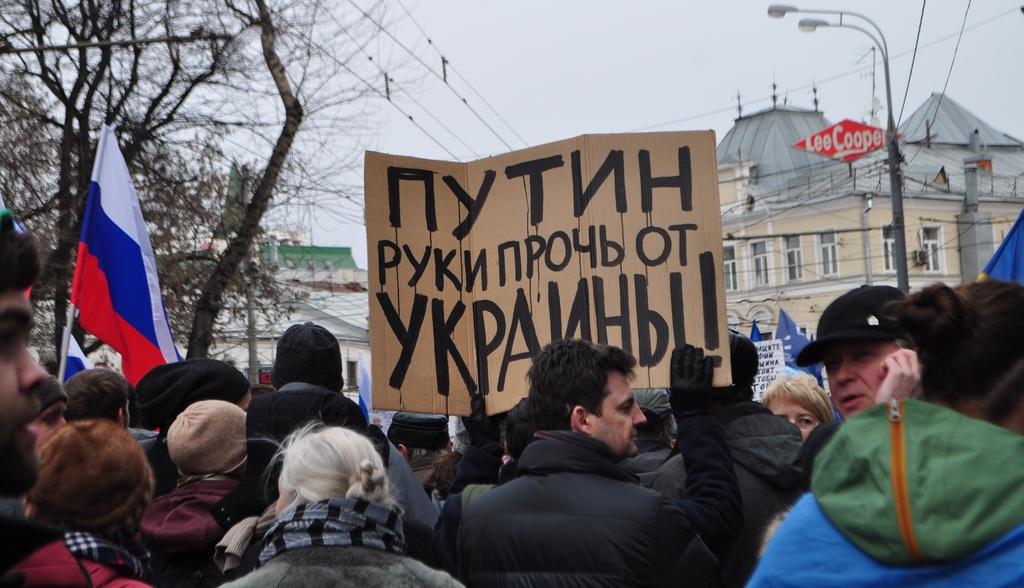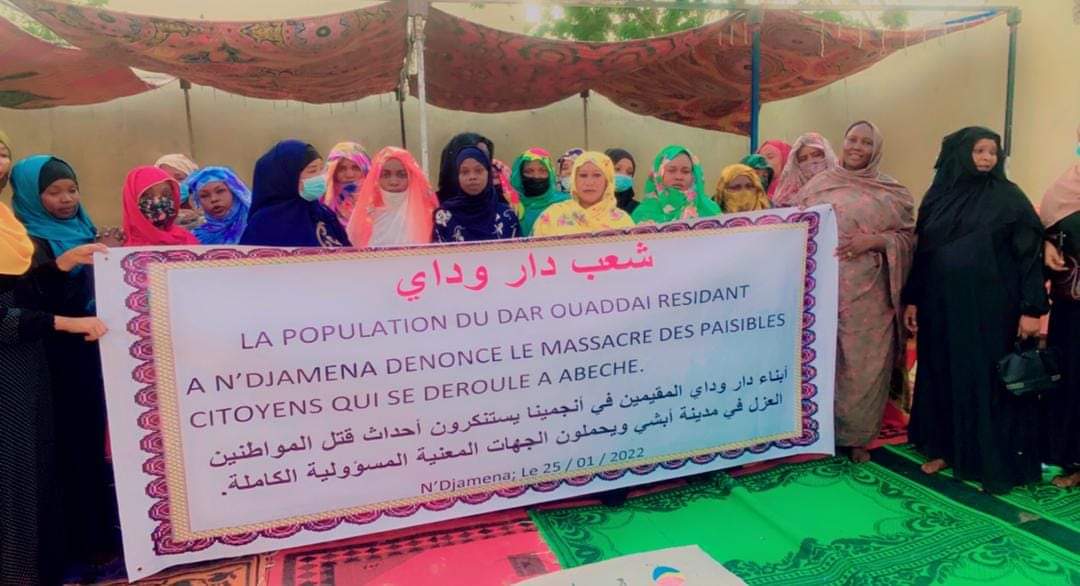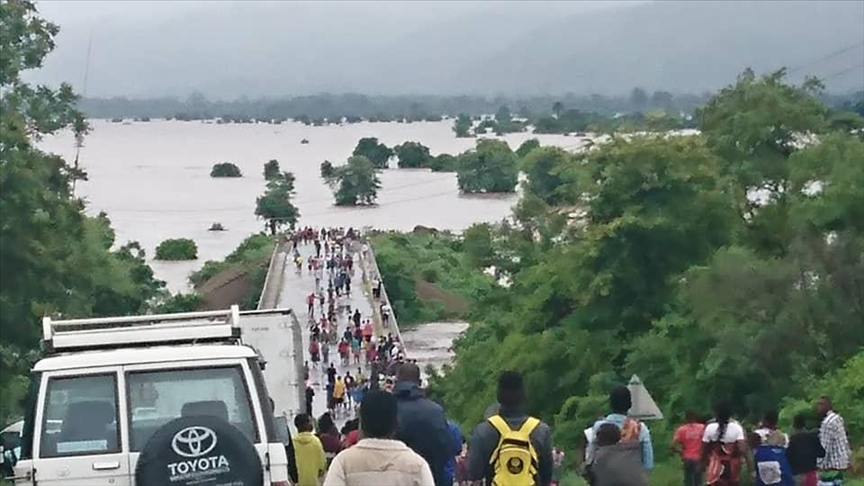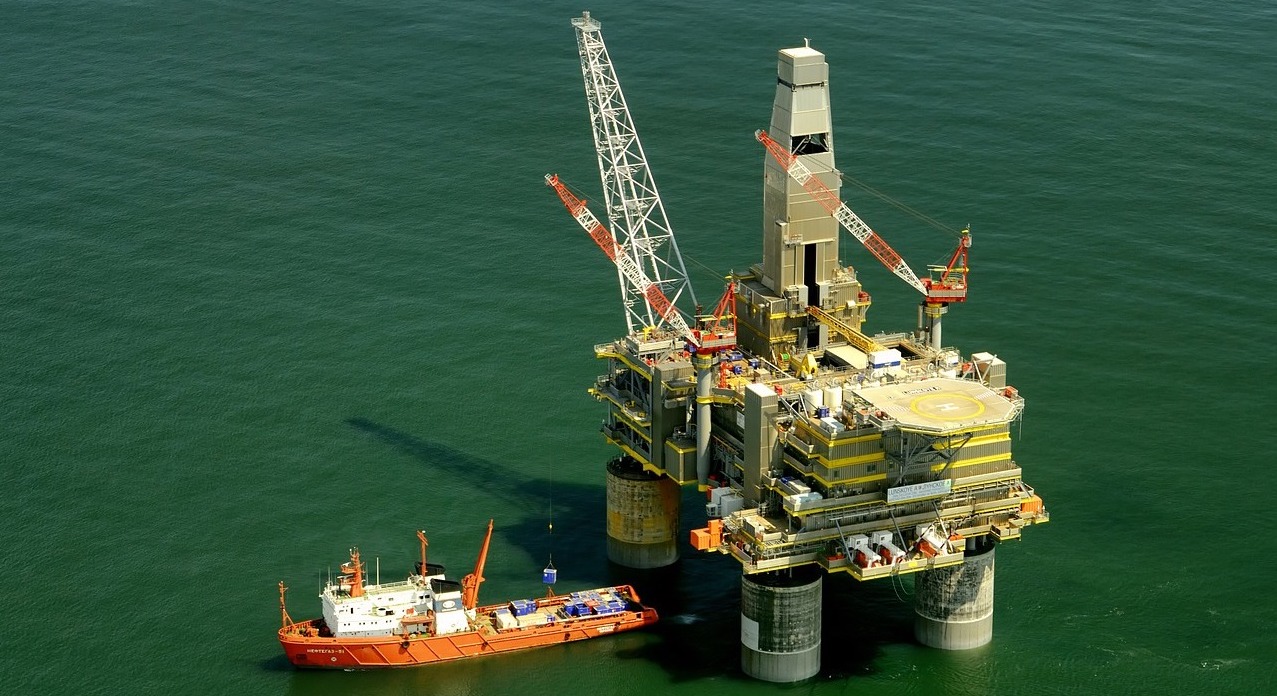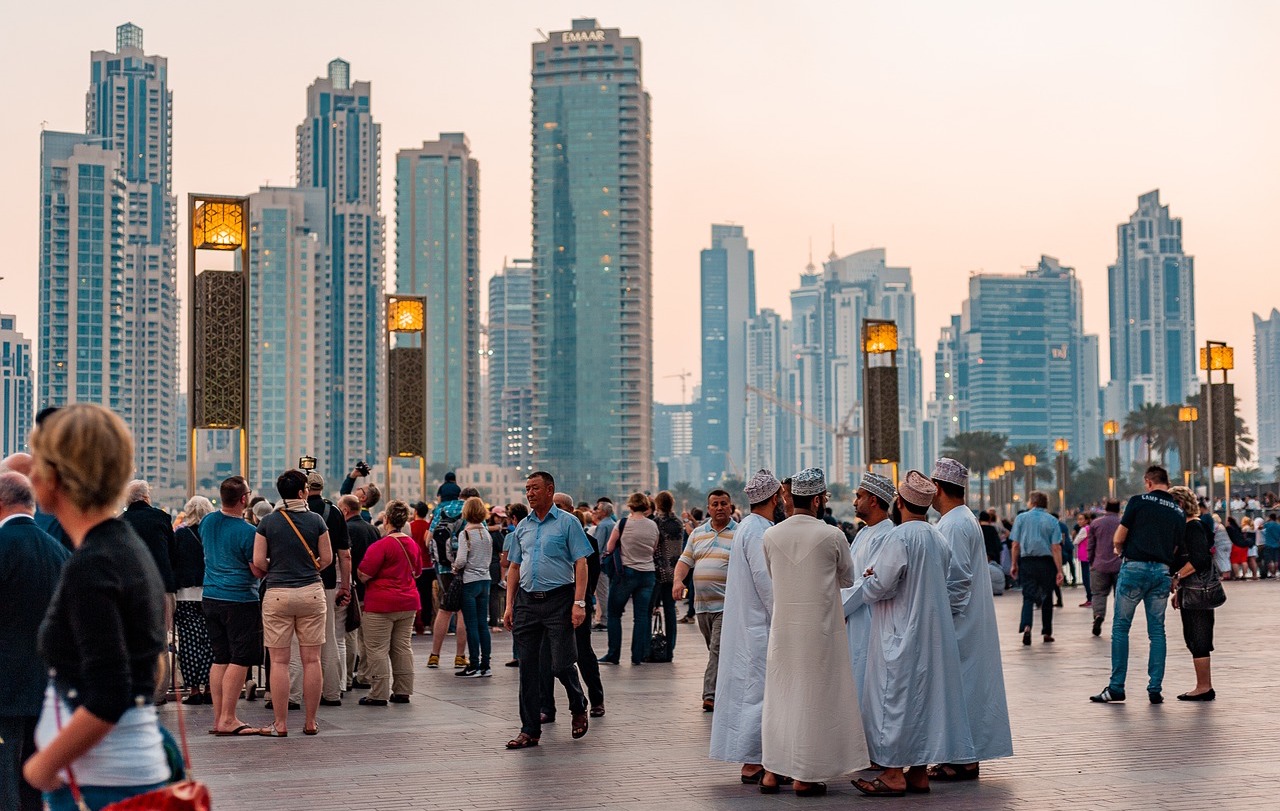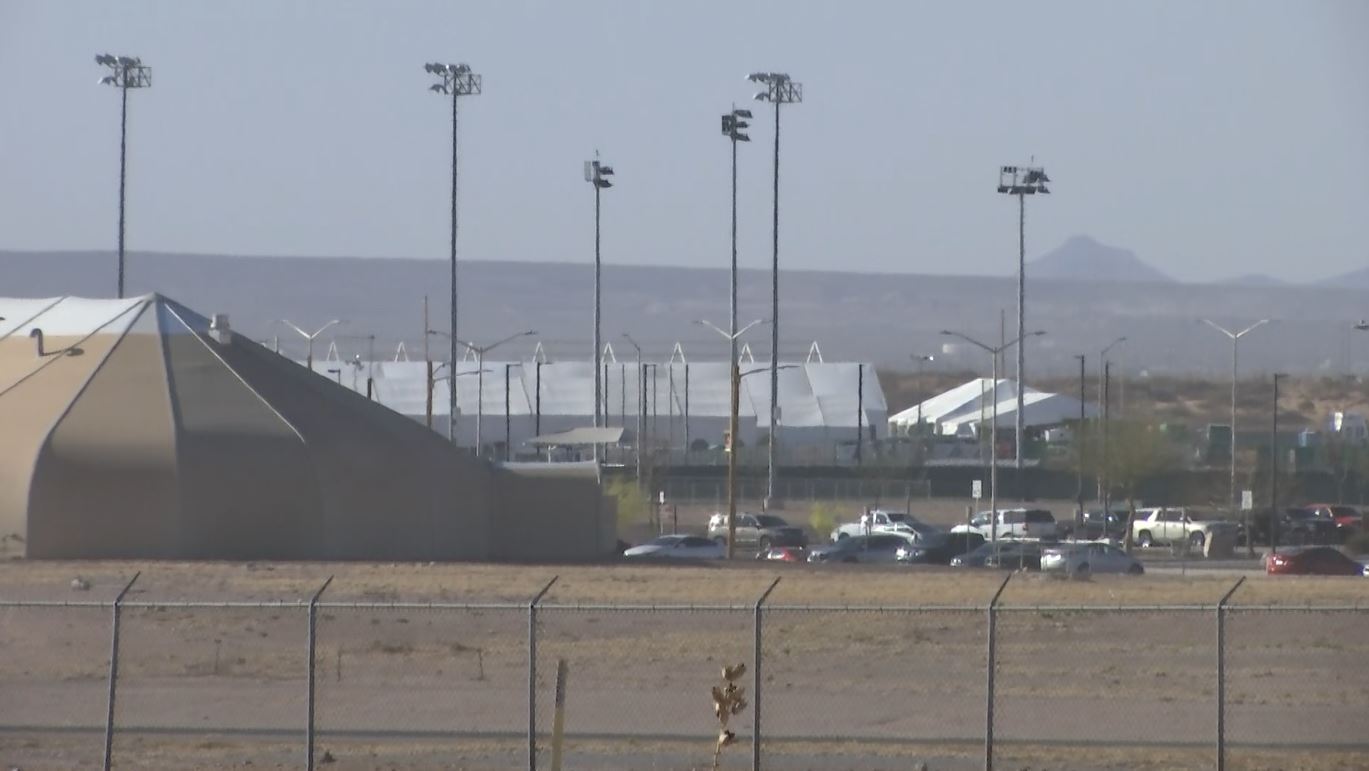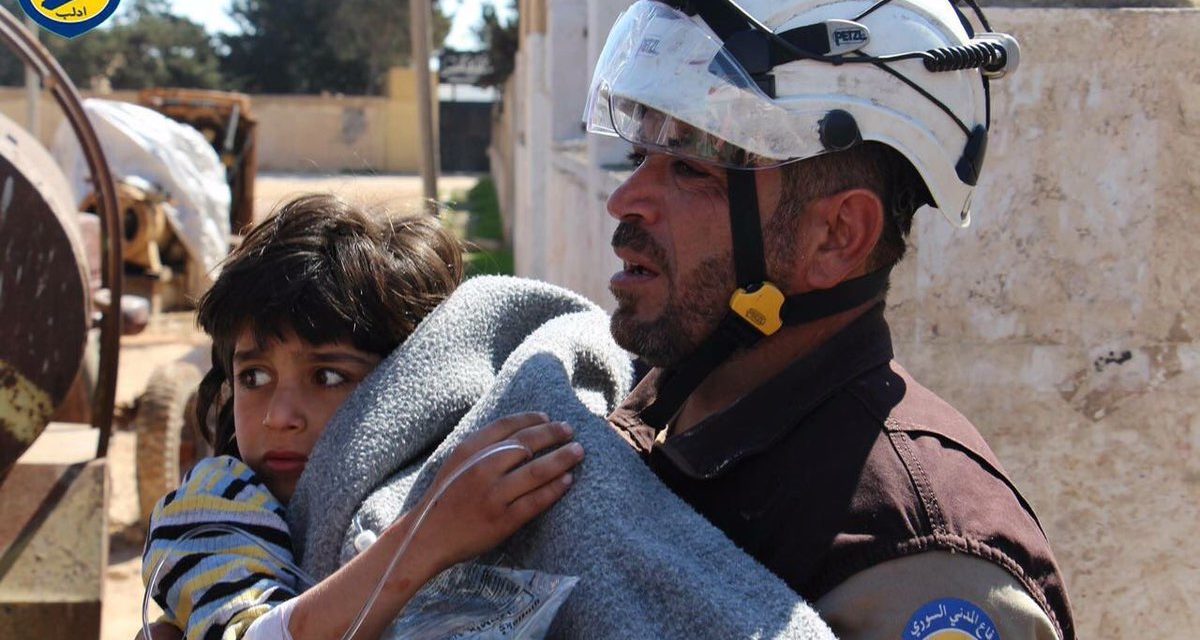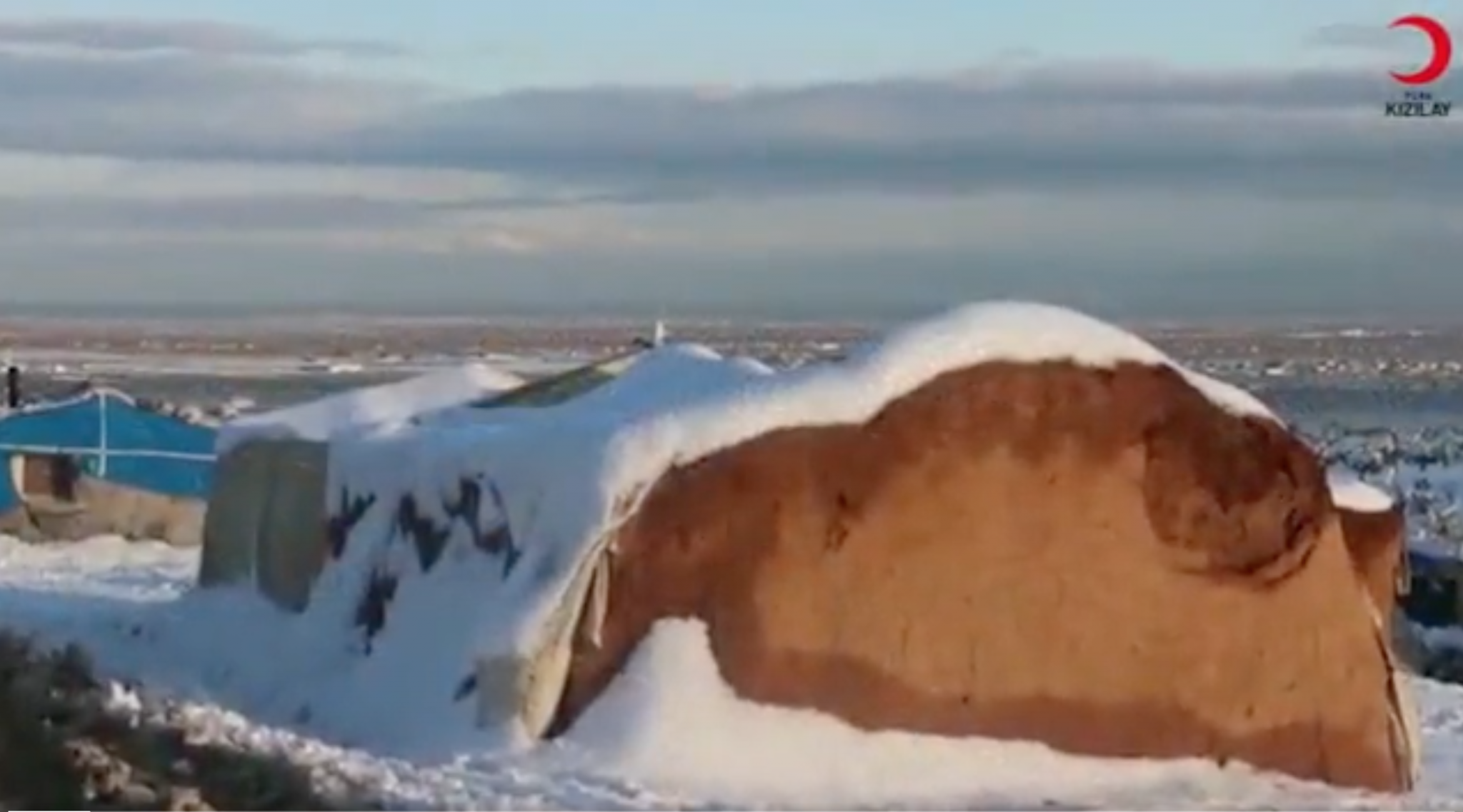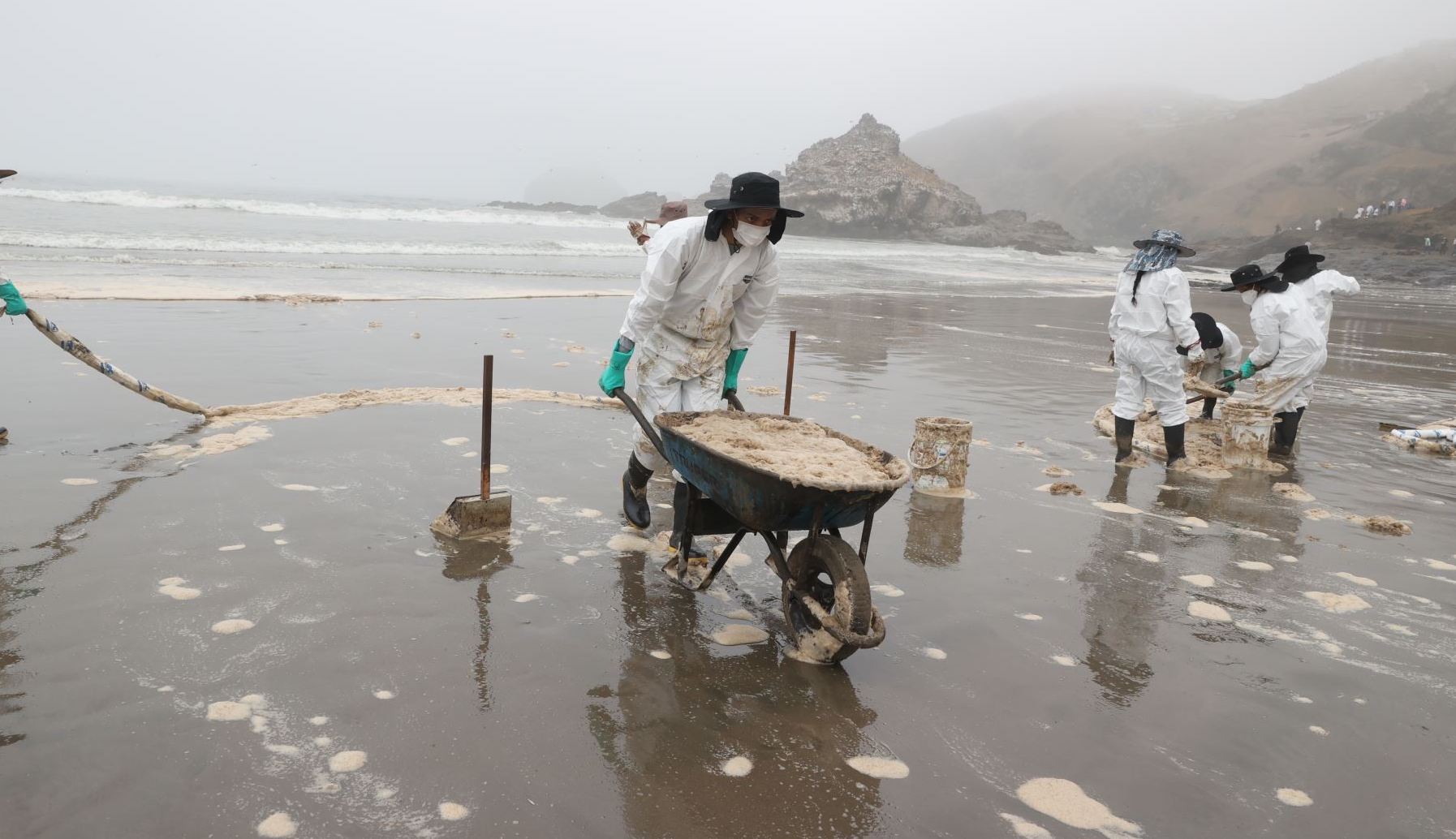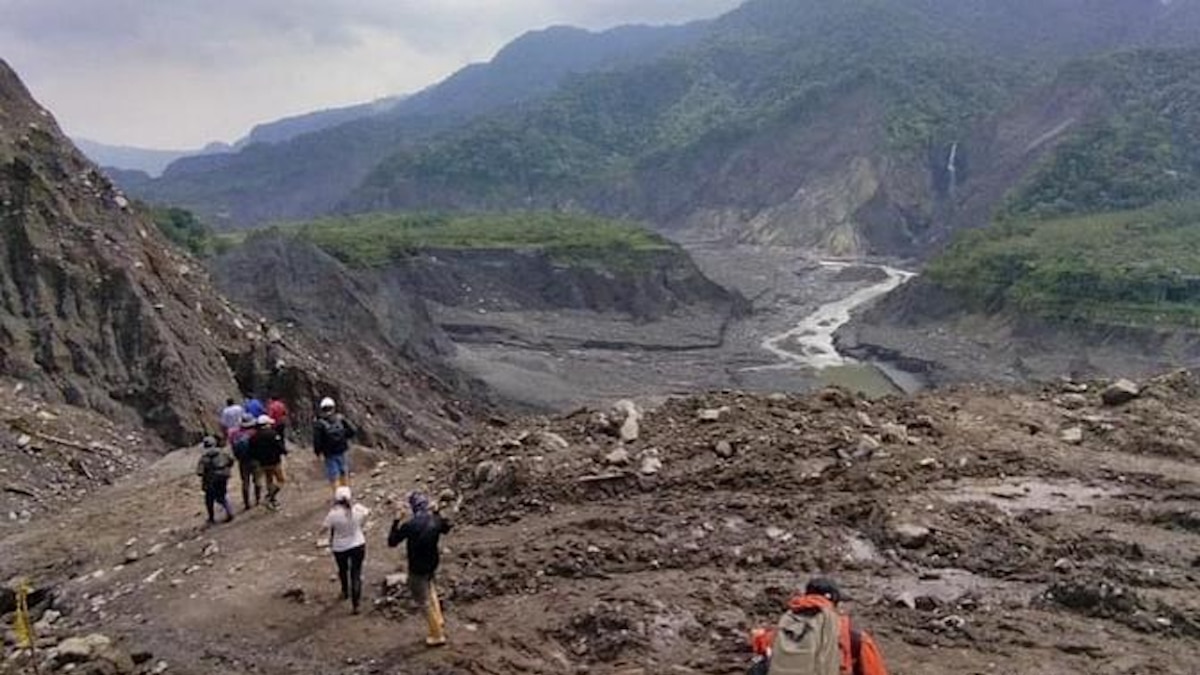
Pipeline rupture in Ecuador’s Amazon fouls river
Ecuador’s trans-Andean Heavy Crude Pipeline (OCP) ruptured amid heavy rains, spilling oil into a sensitive area of Napo province and contaminating several rivers draining into the Amazon Basin, including the Napo, Piedra Fina, Quijos and, most seriously, the Coca. The contamination also penetrated Cayambe-Coca National Park. Pipeline operator OCP Ecuador didn’t announce that it had stopped pumping through the stricken line until the following day, and at first denied that any waterways had been contaminated. This was repudiated in a statement from the Confederation of Amazonian Indigenous Nationalities of Ecuador (CONFENIAE), which cited reports from impacted Kichwa communities and tweeted a video showing crude polluting the Rio Coca. (Photo: Ecuador Ministry of Environment via EcoWatch)



